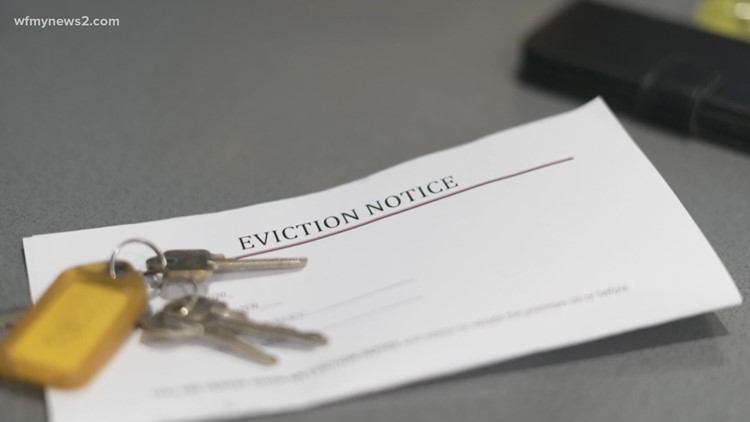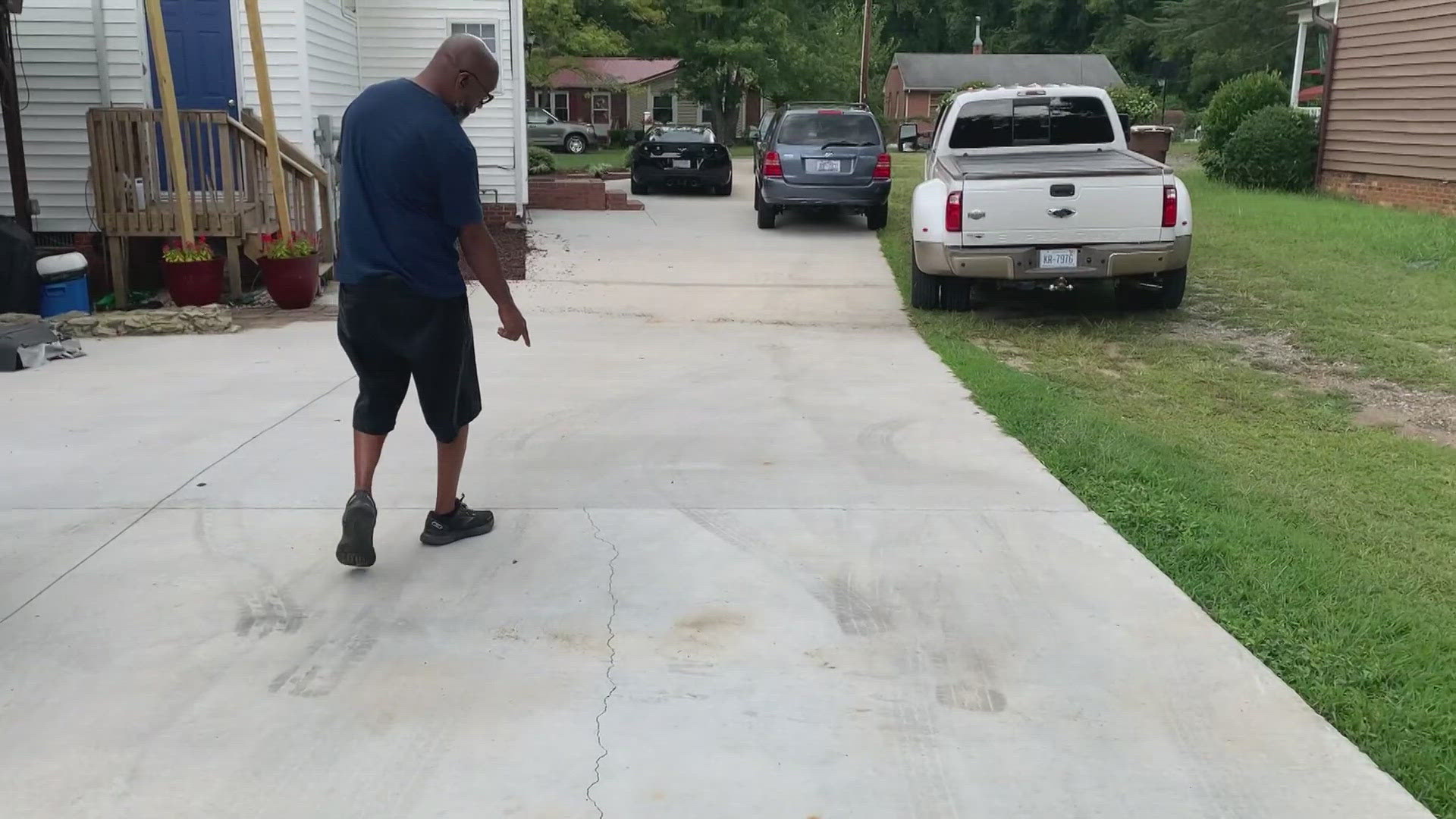GREENSBORO, N.C. — COVID-19 led to many people being out of work and unable to pay their rent. North Carolina started the Housing Opportunities and Prevention of Evictions (HOPE) Program to give rent and utility assistance to eligible low- and moderate-income renters experiencing financial hardship due to the economic effects of COVID-19.
This week, Governor Roy Cooper issued Executive Order 191 which extends the state's moratorium on evictions through March 31.
At this time, renters in North Carolina cannot be evicted for non-payment of rent if they have:
- Been unable to pay rent due to the pandemic because of lost income and/or new expenses such as childcare or medical expenses, and
- Applied for the HOPE program by completing an application online or by speaking with a 211 specialist, or
- Completed the CDC Declaration Form and presented a copy to your landlord via email, USPS mail, or hand delivery
LEGAL AID OF NC CAN HELP
If you have taken the steps listed above and your landlord is still attempting to evict you, please contact Legal Aid of NC at 1-866-219-5262 or visit www.legalaidnc.org for assistance.
Many people applied to the HOPE program to get help paying their housing-related bills. The program pays rent for up to six months, but if a landlord accepts, he or she can't evict for non-payment for the remainder of the lease. The application period has ended, and they're not currently accepting new applications. Some renters continue to say their landlords refuse to take money from the HOPE Program. Landlords across the state first expressed concerns in December, formally asking North Carolina to change the rules.
NEW RENT ASSISTANCE POLICIES FOR THE HOPE PROGRAM
As of January 22, 2021, the HOPE Program enacted new rent assistance policies that allow the automation of rent awards. Approximately 12,400 new rent awards for $57.5 million were generated as a result of the new policies, which were developed with the dual goals of speeding up rent assistance and attracting greater landlord participation. Some of the major policy changes are:
- Employing a formula-based approach for rent awards by:
- Using the county median rent for a two-bedroom rental unit as calculated by HUD (50th Percentile Rent Estimate), rounded up to the next $10 for the amount of allowable monthly rent amount, multiplied by a number that includes payments for November and December 2020 and January 2021, and the number of months since April 1, 2020, that were late when the renter applied, not exceeding 6 months.
If there is an overpayment of monthly rent due to this formula, excess amounts must first cover the arrears accrued since April 1, 2020, that are owed to the landlord.
If the amount of the payment results in additional funds remaining after arrears are covered, the landlord must credit the remaining amount of funds to future rent.
The landlord must not evict during the time rent assistance is provided, plus 60 days from the signature of the LTA, as well as any credited time that exceeds the 60-day period.
NEW SELF-SERVICE PORTAL FOR HOPE PARTICIPANTS
In order to streamline the collection of required information for awards to be sent, such as landlords’ e-mail addresses and updated utility bills, the HOPE Program is launching a self-service portal for applicants to upload information from their phone, laptop, or computer.



